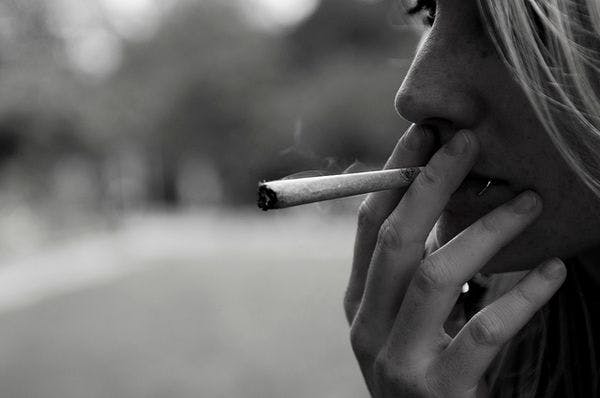Certains gouvernements arabes repensent leurs lois sévères sur le cannabis
Bien qu’un grand nombre de pays de la région mettent en œuvre des politiques excessivement répressives, d’autres commencent à reconnaître leurs conséquences négatives et à envisager une réforme. Pour en savoir plus, en anglais, veuillez lire les informations ci-dessous.
Abonnez-vous à l'Alerte mensuelle de l'IDPC pour recevoir des informations relatives à la politique des drogues.
“When we think about our future, our dreams, we have nothing,” says a young man in Sidi Bouzid. Life in the Tunisian town that launched the Arab spring has barely changed since the country’s old dictator, Zine el-Abidine Ben Ali, was ousted in 2011. Unemployment is even higher nationally than before the uprising. Young people are worst-off, which helps explain why an alarming number join jihadist groups. The frustration drives others, including this young man, to use zatla, the local name for cannabis.
Using cannabis in Tunisia, though, is risky. Under the country’s “Law 52”, anyone caught using or in possession of the drug receives a minimum sentence of one year in prison. Repeat offenders get up to five years. Judges have no discretion to consider the circumstances or to recommend other punishments. The young man says most of his friends have been locked up for getting high.
Click here to read the full article.
Keep up-to-date with drug policy developments by subscribing to the IDPC Monthly Alert.
Thumbnail: Flickr CC
